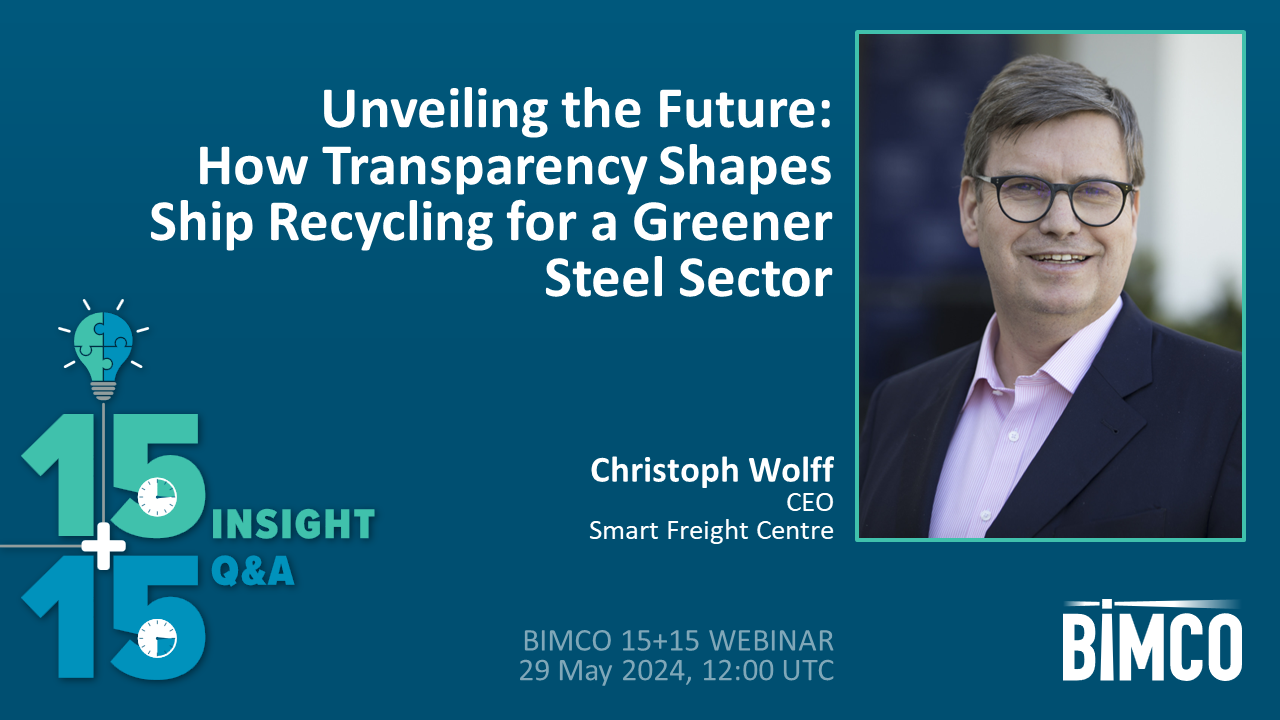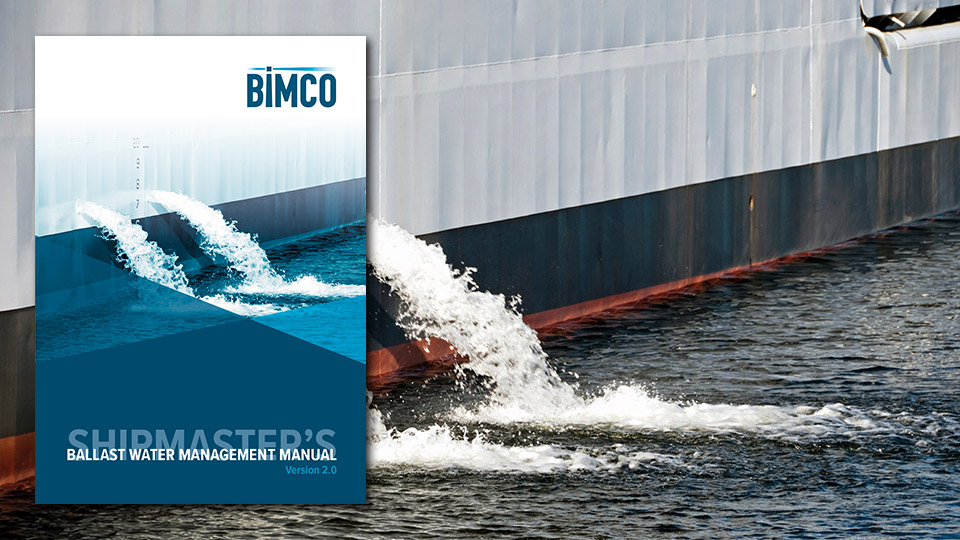BIMCO position statement 09: Control of Fuel Oil Quality and Derived Pollution
Overview
BIMCO's position has been approved by the BIMCO Board of Directors.
Background
MARPOL Annex VI on Prevention of Air Pollution from ships entered into force in 2006. It covers sulphur and particulate matter, nitrogen oxides, ozone depleting substances and the energy efficiency of ships.
MARPOL Annex VI reduced the limit for sulphur in marine fuel oil used on board ships operating in areas outside designated emission control areas to 0.50% from 1 January 2020.
According to the fuel testing company VPS, on average 3.1% of all Very Low Sulphur Fuel Oil (VLSFO) commercial samples tested in 2020 indicated potential sulphur non-compliance. In Europe 7.6% of the commercial VLSFO samples was either non-compliant or potentially non-compliant.
VPS also reports that increased blending has reduced the stability of VLSFO to a point where the total sediment potential (TSP) in many cases will appear to be within specifications during bunkering, only to become off-spec a short time thereafter. Deteriorated cold-flow properties, lowered viscosity, increased amounts of catalytic fines (cat fines), and low flash point temperature were some of the most common operational challenges that ships had to face during 2020.
The fluctuating quality of VLSFO represents a safety risk, which will be a challenge for ships.
BIMCO’s position
- The MARPOL delivered sample is drawn continuously throughout the entire delivery of bunker fuel oil and should always be witnessed by both the supplier’s representative and the ship’s representative. It should be drawn in accordance with the IMO Guidelines for the sampling of fuel oil for determination of compliance with the revised MARPOL Annex VI (MEPC.182(59)).
- A robust and uniform enforcement of applicable sulphur limits is critical to ensure a level playing field for owners. A clear distinction should be made between cases where the shipowner has bought compliant fuel, which leads to minor non-compliance (just above 0.50 % sulphur), and deliberate non-compliance by using HFO with a high sulphur content.
- BIMCO does not condone name and shame initiatives by authorities for cases of minor non-compliance.
- BIMCO supports implementation by states of a compulsory licensing scheme for fuel oil suppliers and maintenance of a register of licensed suppliers to help ensure a minimum level of quality thus minimising the risk of contamination of marine fuels.
- BIMCO believes that a bunker licensing scheme is the best way to protect ships against bunkering malpractices and ensure the reliability and trustworthiness of the BDN information.
- BIMCO supports IMO’s Emission Control Areas (ECAs) requirements for regional or national implementation of air emission control measures for sulphur oxides, particulate matter and nitrogen oxides.
- If IMO determines there is a negative impact on the marine environment due to the discharge of wash water from ships equipped with open loop scrubbers, BIMCO would support actions to regulate their use in ports and near coastal areas.
- Wash water from scrubbers used to produce inert gas to prevent explosions in cargo tanks is safety related and a requirement under SOLAS. It is not relevant in the context of MARPOL Annex VI.
- BIMCO strongly recommends the use of the BIMCO 2020 Marine Fuel Sulphur Content Clause for Time Charter Parties.
Feedback or a question about this information?
VPS Bunker Alerts
Veritas Petroleum Services (VPS) publish regular Bunker Alerts based entirely on fuel samples and have kindly permitted BIMCO’s Members to access this information.
The Bunker Alerts are not intended to be an evaluation of overall bunker quality in the port or area concerned, but usually highlight a specific parameter within the fuel which has raised a quality issue.
Want to stay up-to-date?
Register for updates about
{{Title}}
Receive emails when this topic is updated – you can choose how often.
Register NowELSEWHERE ON BIMCO
Chartering help & advice
This section contains a comprehensive source of information and guidance on chartering related matters. You will find invaluable information on many aspects of chartering distilled from our many years’ experience on advising members.
Learn about your cargo
For general guidance and information on cargo-related queries.
BIMCO Publications
Want to buy or download a BIMCO publication? Use the link to get access to the ballast water management guide, the ship master’s security manual and many other publications.





